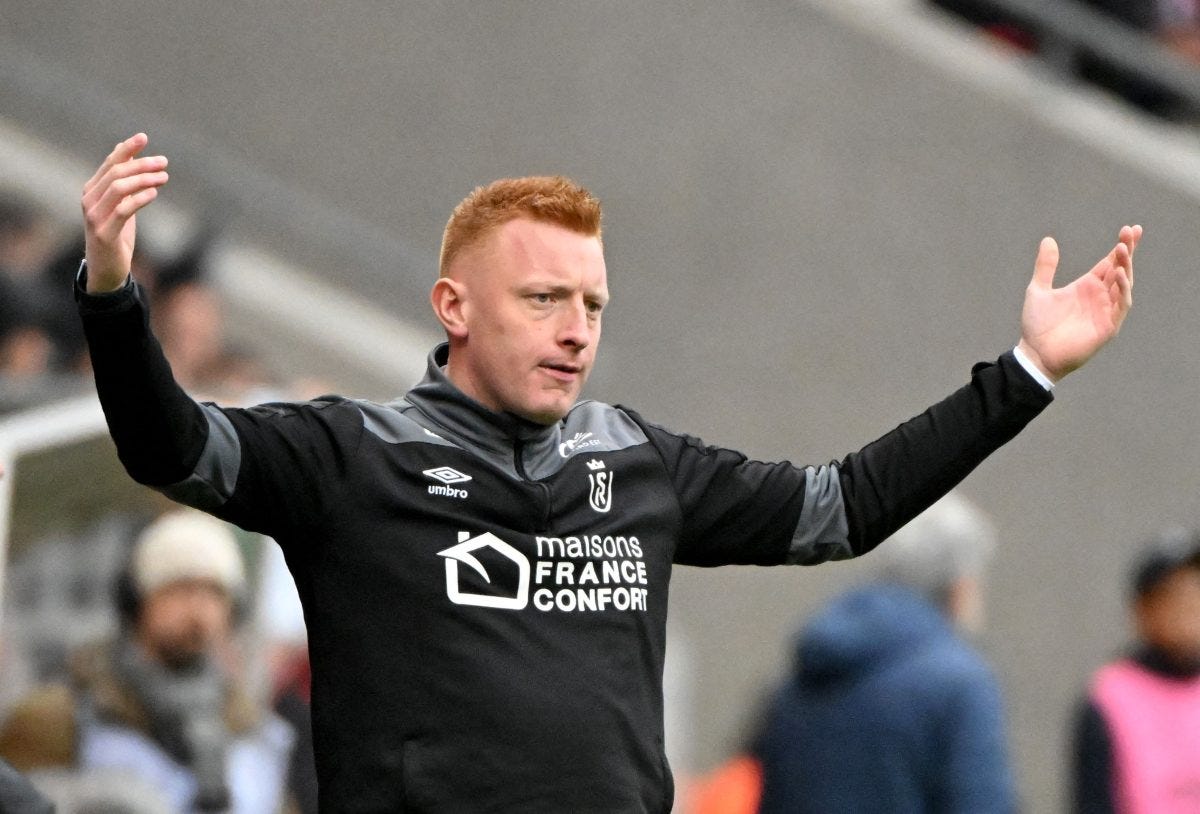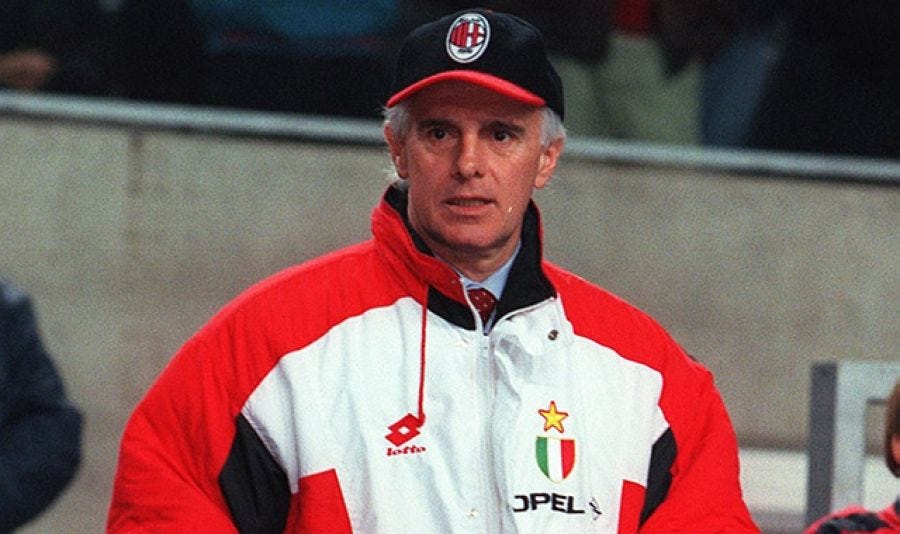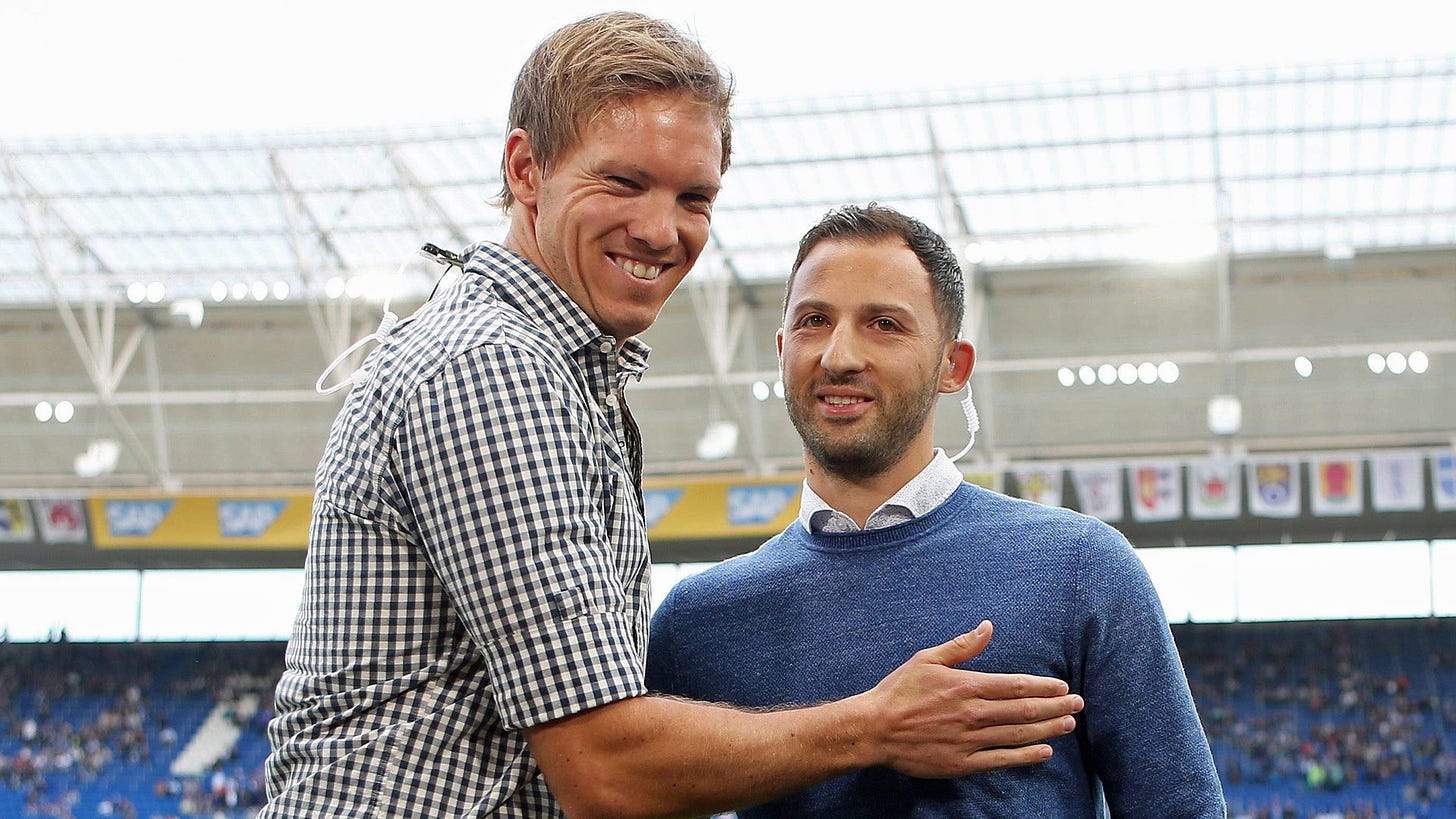Will Still And Other Jockeys Who Weren't Horses
We're sure that, by now, you've seen Will Still's name knocking around social media - well, what's all the fuss about?
Will Still is one of the most interesting stories in European football right now. Why? Because the 30-year-old is managing a club in France’s highest tier (and doing quite well too) having never played professionally. He’s a curiosity- how is he able to manage at the top level if he couldn’t make it as a player? He’s not the first person to carve out a managerial career without a playing CV, but his path to the dugout does offer insight into how others who came before him paved the way.
Prior to this season, Will Still had only been a manager for half a season in any top flight, leading Beerschot to 9th in the Belgian Pro League. But despite being part of the club’s best season in more than a decade, Beerschot decided to pursue a manager with more experience rather than retain Still. However, they may be regretting that choice now. Still is now with Stade de Reims, the fallen giant from northern France. Since being named caretaker in October and securing the full position five matches later, Reims have lost just once in the league. Still has taken his club from 15th in the table to 7th and completely turned the team around. In his 18 league matches, Reims have kept 12 clean sheets, allowing just 9 goals while scoring 27. It’s an impressive return for sure, despite the small sample size, so why is his lack of playing background so important?
The first hurdle for aspiring managers who had little to no playing career to overcome is the stigma. There is little doubt that Will Still has had to address this in almost every management job he’s ever had. Though progress is being made, football is still a bit of an exclusive club. Top players often take up management after retiring and get their early jobs based largely on their names. And to be fair, many of today’s top gaffers were successful players, so there’s something to be said there. But to think that not having played football at a high level precludes people from management is ludicrous.
Arrigo Sacchi, one of the greatest managers of all time and likely the best example of a non-player manager, said it best: “I never realised that to be a jockey you had to be a horse first.” And it’s as simple as that. The architect of AC Milan’s peak in the late 80s could only make his local amateur side and spent more time selling shoes than playing football before ultimately turning to management. Sacchi won just about everything there is to win with Milan, including a Scudetto, two European Cups, two European Super Cups, and 2 Intercontinental Cups. Sacchi did it in spectacular fashion too, ignoring the in-vogue catenaccio system for a high press. His lack of playing experience certainly didn’t keep him from success.
About the same time as Sacchi was announcing his tactical brilliance in Italy, something similar was happening in France. Gerard Houllier got his start as a player-manager in the amateur lower tiers before focussing on management full-time. His breakout came in promoting Lens into the top flight and then leading PSG to the league title. He went on to win more French silverware with OL, as well as taking Liverpool to a treble in 2000-2001. Sacchi and Houllier essentially broke the seal for people like Still. Those two proved that clubs can succeed and win major trophies with managers who did not have illustrious playing careers. And while Still has a long way to go until he hits the levels of Sacchi and Houllier, without them, he likely wouldn’t even have a chance to reach those heights.
The second thing that has opened the door for managers like Still is the overall shift in football towards education. The last 20-30 years have seen the exponential growth of clubs using data and bringing in specialists for fitness, nutrition, and more. This growth has opened more pathways to management than ever before. Will Still started his journey as a video analyst and scout before becoming an assistant. Julian Nagelsmann also began as a scout after knee injuries kept his playing career from progressing. The German has become one of the stronger young managers in the game and has earned both praise and skepticism for his use of data and technology. Further, Nagelsmann came second in his UEFA Pro Licence class, only behind another non-player: Domenico Tedesco.
Tedesco began coaching youth teams while playing amateur football and continued to coach on the side through his time at university. He earned an engineering degree but couldn’t kick the football bug. Despite bringing RB Leipzig their first trophy in club history, Tedesco has been referred to as a “laptop coach,” showing the general hesitance to accept non-traditional coaches in management. Still’s career trajectory, at least at this early stage, is very similar to Nagelsmann and Tedesco, which bodes well for his future.
Another key element that is common in all of these managers’ stories is early identification. All five of the men mentioned knew they wanted to pursue coaching and had started their journey to the touchline by age 26. They were all persistent in finding their early jobs and cutting their teeth. Since they were focussed on management from the start, they have had more time training for the job than others. So, while non-players don’t have the highlight reels or name recognition that former players do, they will have more management experience on their CV.
The point is that both routes work. There isn’t one specific way to become a top manager. Having a significant playing career doesn’t guarantee managerial success; Lack of playing career doesn’t mean managerial success is impossible. It’s still early for Will Still so we don’t want to make any hasty predictions about his future, but there is a decent precedent for him to follow. So perhaps Still shouldn’t be quite the curiosity he is because there are numerous examples of managers with no playing experience doing well. Maybe we should treat him just as we do any other gaffer, because that’s what he is.
Lauren Brock (@Lauren_Brock94)






